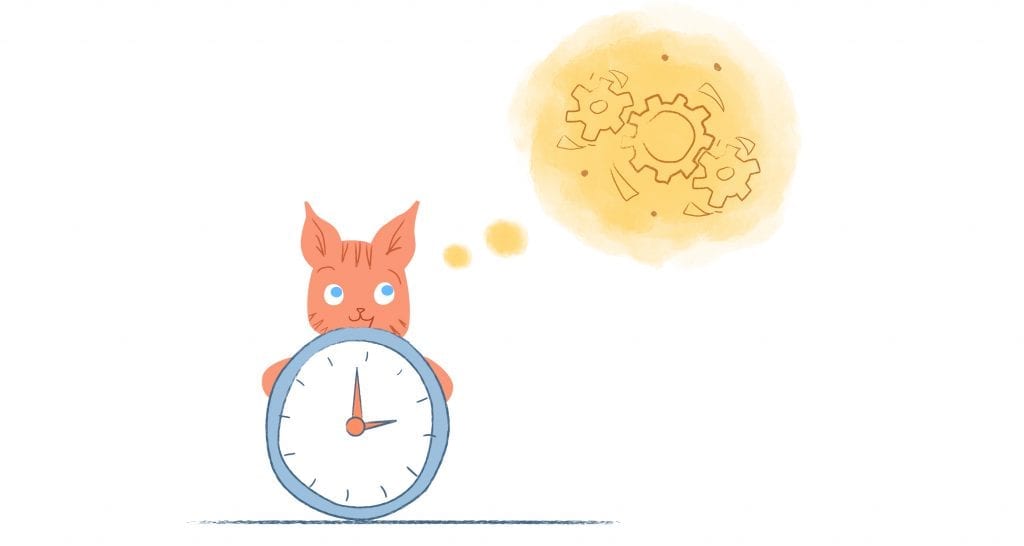

An online calendar is perfect for scheduling social events, but it can’t prevent poor etiquette. Inconsiderate behavior could be turning your friends away, causing tension or confusion. They may be keeping quiet, but that doesn’t mean nothing is wrong.
Instead of waiting for someone to speak up, give yourself a gut check. Your friends and family will thank you.
Calendar Habits That Create Tension
Don’t let these eight calendar bad habits create a divide between you and your loved ones:
1. Trying to Do Too Much
Scheduling events is easy with an online calendar, but be wary of abusing that power. Creating too many events can be overwhelming.
Remember, your friends have other responsibilities and commitments of their own. Use your online calendar to increase the quality of the activities you plan, not necessarily the quantity.
If you need to scratch your scheduling itch, use it to plan some “me time.” Rest and relaxation are important priorities, too.
2. Not Doing Enough
On the opposite end of the spectrum is not using your online calendar when you should be. If your friends are constantly inviting you to their activities, take the time to schedule your own social events.
When calendar events are shared with you, be sure to respond promptly. Those who take the effort to keep you in the loop deserve your collaboration. Worse than not doing enough is not using your online calendar at all, especially if you’ve committed to doing so.
3. Making Too Many Last-Minute Plans
Trying to put something together at the last minute is stressful for everyone involved. Friends with prior obligations might feel guilty declining your invitation. The pressure they feel to attend may force them to make some tough scheduling choices.
Try to never schedule something with less than 48 hours’ notice. Whether it’s a simple lunch date or an elaborate birthday party, this act of common courtesy will help everyone breathe easier.
4. Sharing Every Event
It’s fine to plan every detail of your schedule, but not everyone likes to do it that way. When you create an event in your online calendar, you have the option to share it. This is useful for collaborative events, but sharing every single event junks up others’ calendars.
Everyone has their own system. Perhaps they prefer to rely on memory, or choose to update their own calendar apps to their preference.
When in doubt, ask: Would they like to get a calendar notification for every event they’re associated with, just certain ones, or none at all?
5. Failing to Commit
There’s nothing wrong with declining events you don’t want to attend, but you have to commit. When others are trying to plan an event, uncertainty about whether you’ll attend can throw a wrench in things.
Resist the urge to mark everything “maybe.” Think about which events you actually want to be at, and respond decisively. Your friends will respect you more for it, even if the answer is no.
6. Being Late All the Time
Everyone will be late to a meeting now and then, but repeat offenders can get on your nerves. Especially when a meet-up is held routinely, you’ll want to make sure you’re always punctual.
With an online calendar, there’s no excuse to be late or to forget a meeting altogether. Not only can you create individual events, but you can add reminders to always make sure you’re ready.
7. Being Too Rigid
Many people prefer to keep their work schedules airtight, accomplishing every last thing they plan to do. Social events, however, call for a more lax approach. Seeing where the night takes you or spending a little extra time to chat before changing venues is all part of the experience.
Being too rigid about your online calendar can give the impression that you care more about keeping your schedule than keeping up with your friends. Don’t let anyone get the wrong idea. When you’re out with your buddies, go with the flow.
The key is to let go of perfectionism. Expecting and demanding that everything goes perfectly can leave you disappointed when it doesn’t. Worse, that feeling may rub off on your friends.
8. Never Saying No
A lot of friend groups get together once a week or more. If you have a lot of responsibilities on your plate, this could strain your schedule. Perhaps, in order to preserve your relationships, you’ll agree to whatever they want.
Realize that your friends care about you. It’s OK to decline an invitation every once in a while. Your friends love your company, but they’ll understand if you’re getting overwhelmed by the endless stream of events.
Your calendar is a tool: Use it efficiently and respectfully. If you catch yourself in one of these bad habits, kick it to the curb before one of your friends has to pull you aside about it.











Howie Jones
My name is Howie and I'm a Customer Success Manager at Calendar. I like to ensure our customers get the best experience using our product. If you have questions email me howie at calendar.com